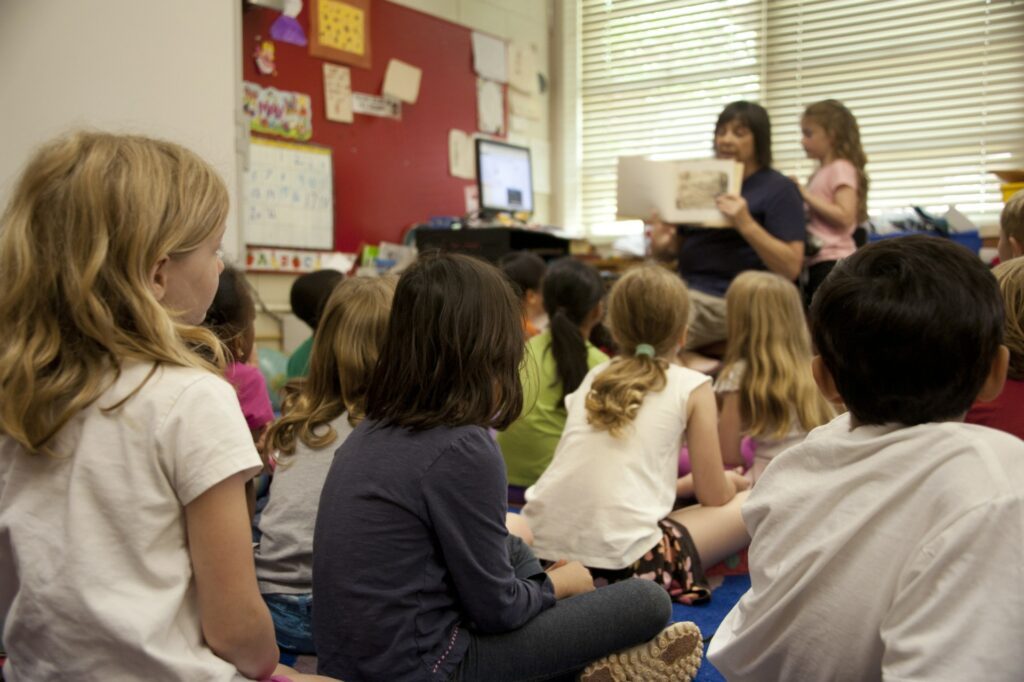Why are we hooked on helping?

I just stepped down as a Community School Governor after 8 years because I could no longer keep up with the pace.
And yet less than 24 hours after my last meeting as the weight of responsibility was lifting, I was on the hunt for a new volunteering opportunity.
So it got me wondering, what are the behavioural insights around the pro-social behaviour of volunteering? Why are we hooked on helping?
BIT reference ‘identity’ as an important factor driving volunteering and that’s certainly true for me. When I moved to my local area I craved a sense of belonging, I wanted to have a part to play in my community – volunteering helped to make me feel at home. Identity is also about a sense of self – being a volunteer helps me to feel like a more interesting, more ‘rounded’ individual.
Although it can at times be tough, on the whole the altruistic behaviour of volunteering makes us feel good about ourselves, especially if we know that it meets with the approval of those around us (known as injunctive social norms). I realised by the end that I was getting more benefit from being a governor than the school were getting from me – so it was time to go.
Again, whilst it can be hard, volunteering for a cause you care about can have mood-boosting, stress reducing benefits. As David Halpern notes, we seem to be hard-wired to get pleasure from helping other people. For me, the best part of being a governor was talking to the children who were always so fun and inspiring. Unfortunately that didn’t happen very often and meetings and policy reviews didn’t have quite the same impact!
For some, the norm of reciprocity plays a part. It might not be that the person or people you are helping will be the ones to provide the reciprocal kindness, but that somewhere along the line, the ‘favour’ will be returned. I’m not sure that one rings true for me, although one day my children may well go to that school and I like to think they’ll be treated with the kindness and support that I so often witnessed there.
Volunteering involves caring, sharing and acting kindly, behaviours that for most of us are fostered during childhood as part of our early socialisation. My parents were teachers and I always wanted to be involved in schools somehow, so I think being a governor was my way of following in the footsteps of their generous career choices.
The fact that I want my next volunteering experience to be a more face to face (less paperwork!) role, shows I’m keen to reap the benefits as well as giving my time. In the past 18 months we’ve seen a huge surge in goodwill and community spirit as over 1 million people signed up to volunteer as part of the coronavirus effort – delivering food and medicine to at risk people, manning test and vaccine centres and checking in on vulnerable neighbours. It doesn’t matter if those individuals were motivated by personal gain in addition to their altruistic, empathetic leanings. If people are willing to get involved in helping others and at the same time feel the benefits themselves, that can only be a good thing.
